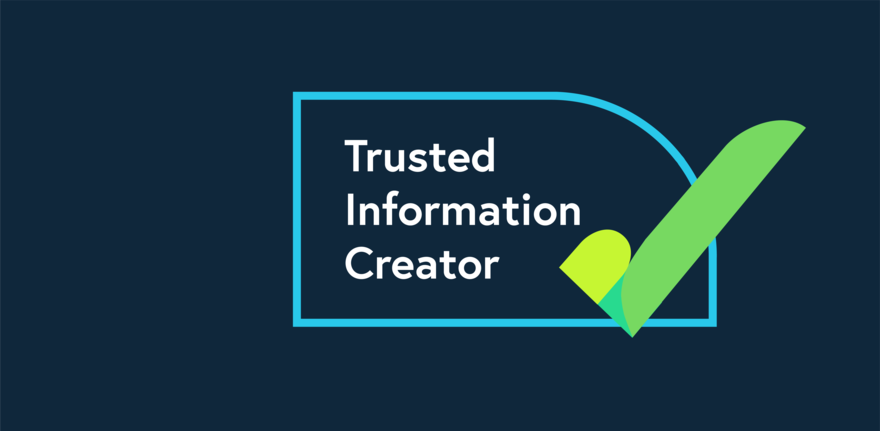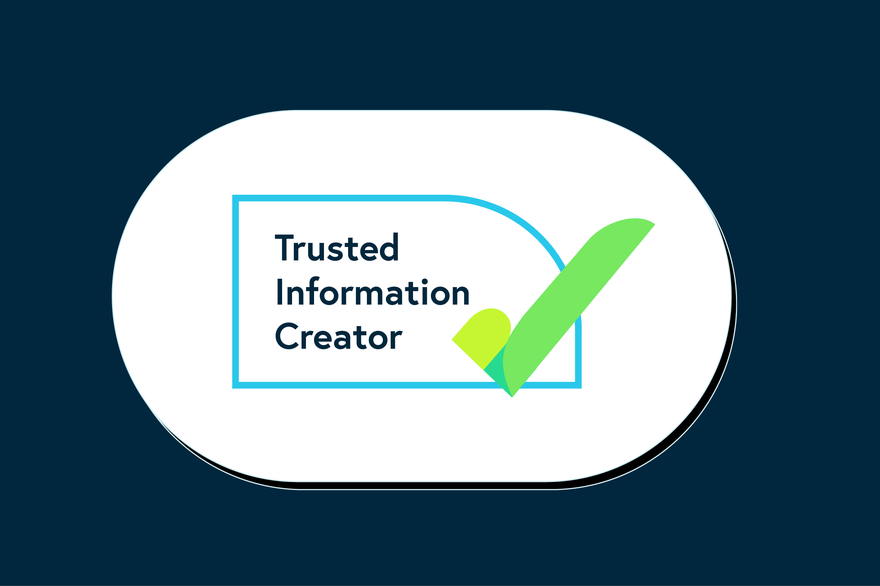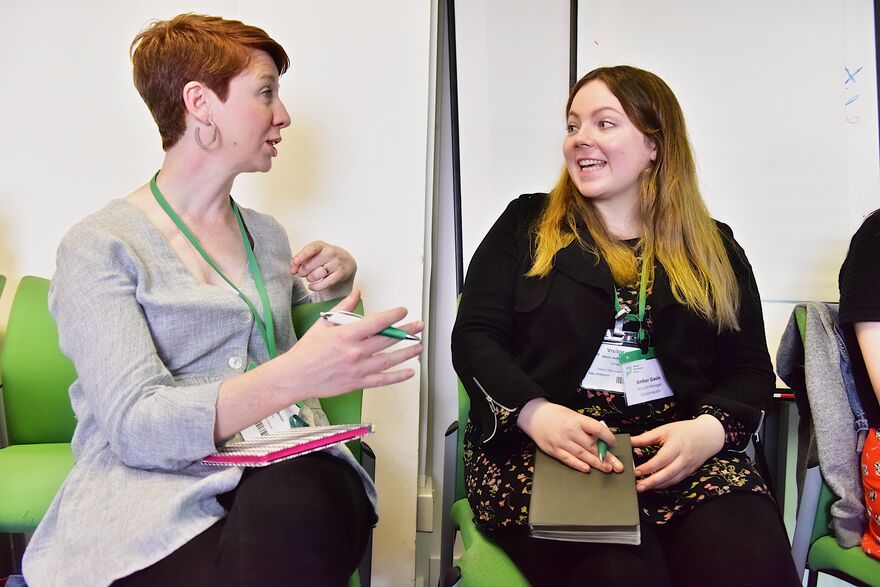Why did you decide to apply for the PIF TICK?
Applying for the PIF TICK helped us review and update the processes we have in place to produce health information.
We were also keen to be able to prove to users, the general public and our partners that we’re certified by a trusted organisation to provide clear, accurate and reliable health and wellbeing information.
How has it improved the information you produce?
Reviewing our processes has helped us become more effective and efficient.
For example, we found it challenging to keep up with updating a growing number of apps.
As a direct result of the PIF TICK application, we started using a shared online project management tool to help us keep track of dates for updates and various other tasks, which has made a big difference to our workflow.
Why is it important to have a documented process when producing information?
It’s important to have a documented process because it allows us to work to an agreed standard, helps us achieve a consistent quality and enables us to compare ourselves against established quality benchmarks.
How do you support your staff to produce high quality information?
We support everyone who works with us on creating health information by communicating our standards regularly and making useful resources available.
This includes PIF’s Information Production Manual, Creating Health Content document and our internal style guide.
How do you decide what information users need?
We decide what information users need by co-producing our information products with representatives of our priority groups.
We always work with several partner organisations from the NHS, charity and private sector to get additional expert input. This helps make sure our apps are relevant and address a real need.
How do you make sure your information is based on reliable evidence?
We scope our information carefully and decide in advance which information resources we need to consult.
We also keen an eye on the tables of contents of major peer-reviewed journals and subscribe to email updates of, for example, NHS organisations, charities and policy makers to ensure we keep up-to-date with emerging evidence.
How do you involve patients in producing information?
We always involve patients and public contributors as equal team members right from the start of every project and throughout the lifetime of an information product.
How do you get feedback from users?
We ask for feedback on every page on most of our apps and also provide a dedicated ‘feedback button’ that links to an online survey.
In addition, we routinely ask for user feedback throughout the development process, for example, by email or direct consultation of users who are part of our team.
Getting feedback from users is important to ensure information is relevant, adopting the right tone and engaging.
How do you make sure the information reaches those who need it?
We involve users in our marketing activities and designing our outreach strategies.
This helps us to identify the best channels for distributing information.
In addition, many of our users and public contributors actively promote our apps because they believe in the value of them.
Dr Knut Schroeder
GP and founder of Expert Self Care
July 2021



